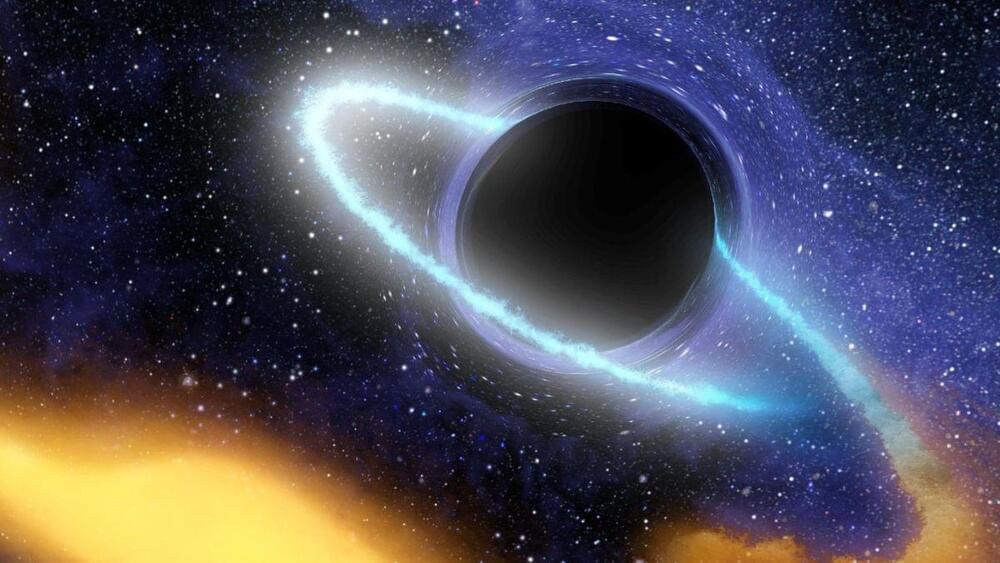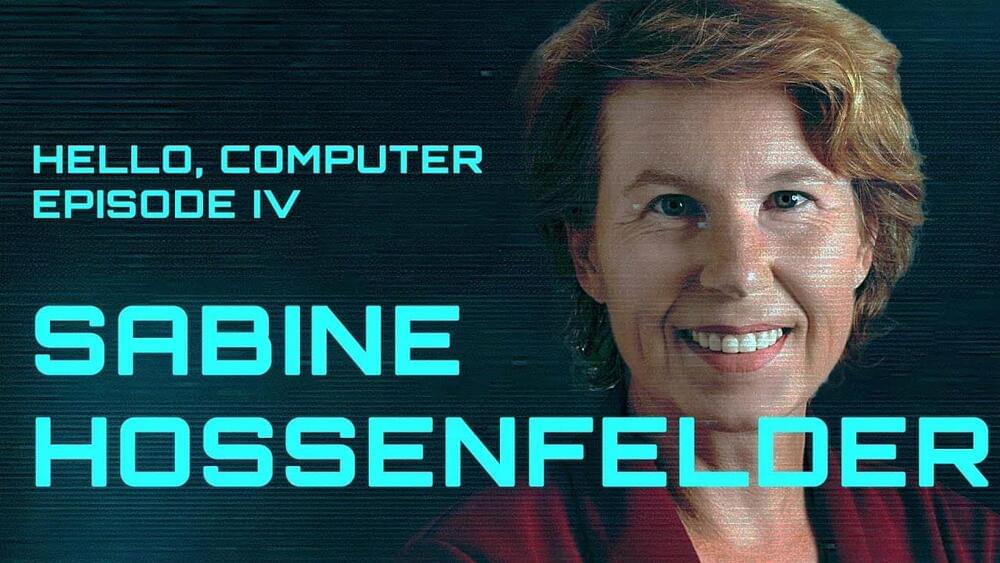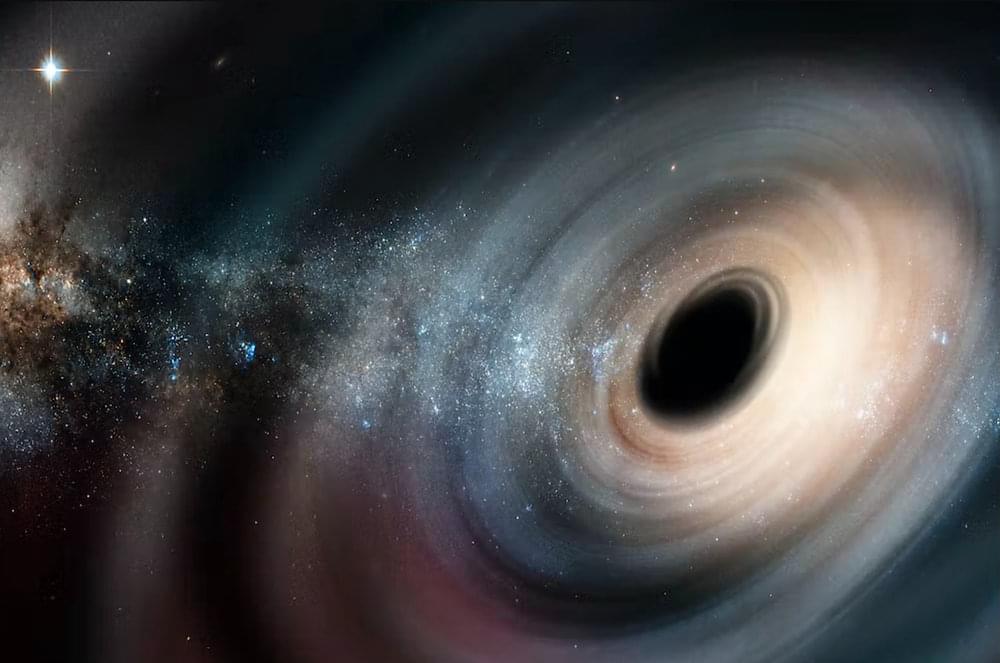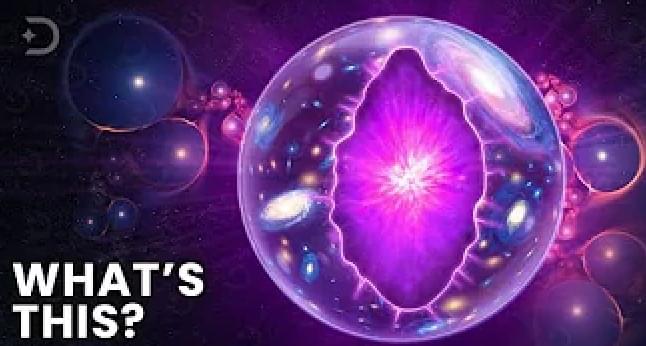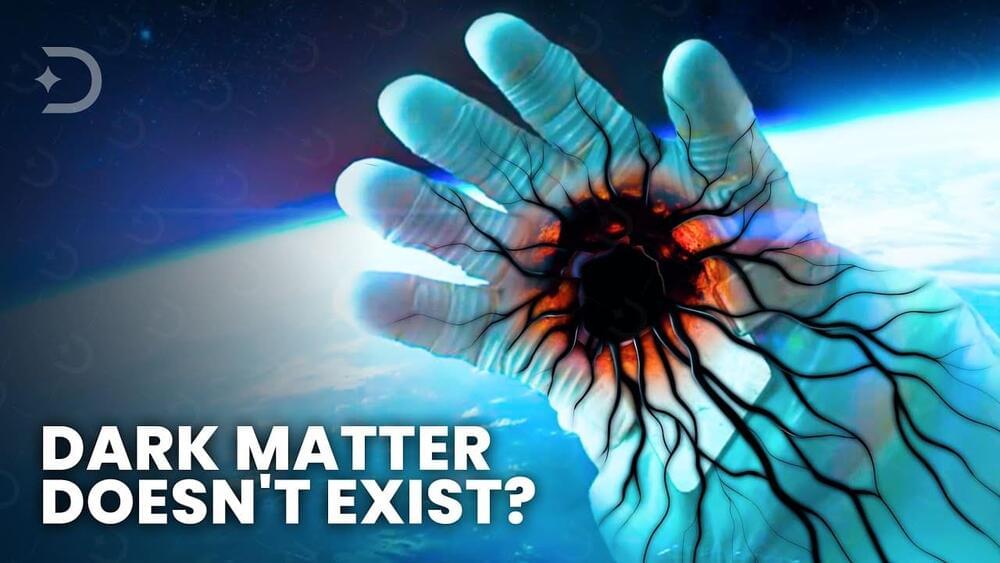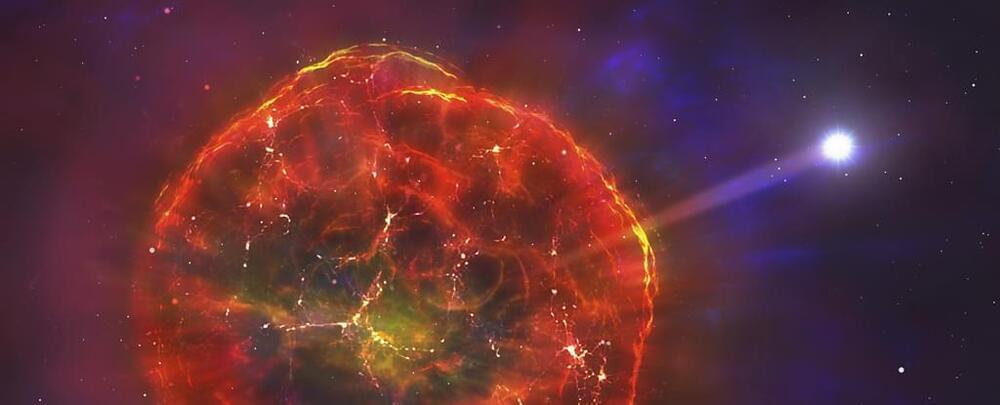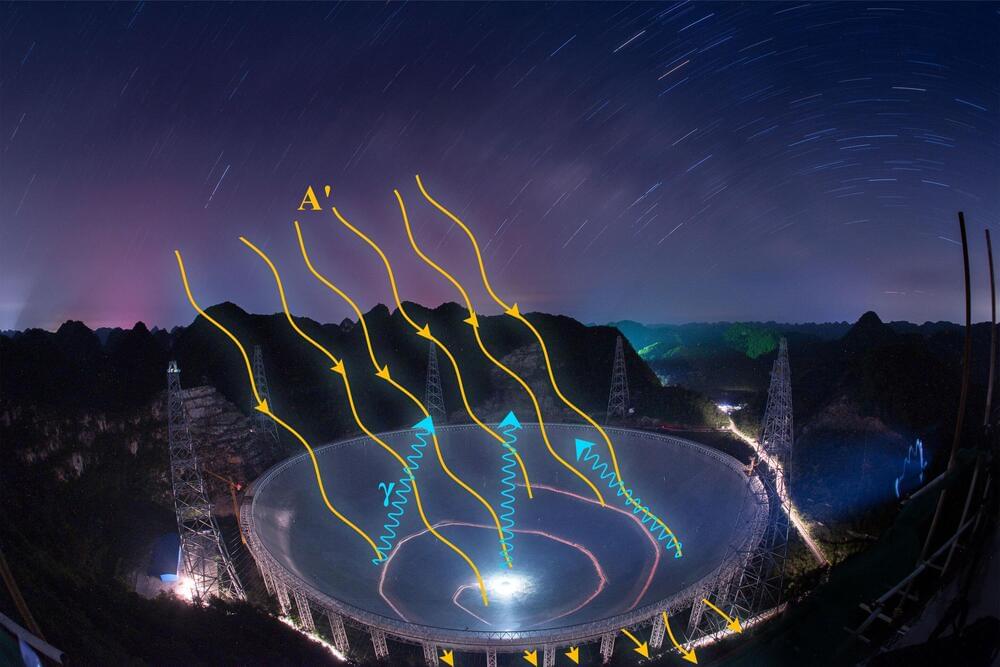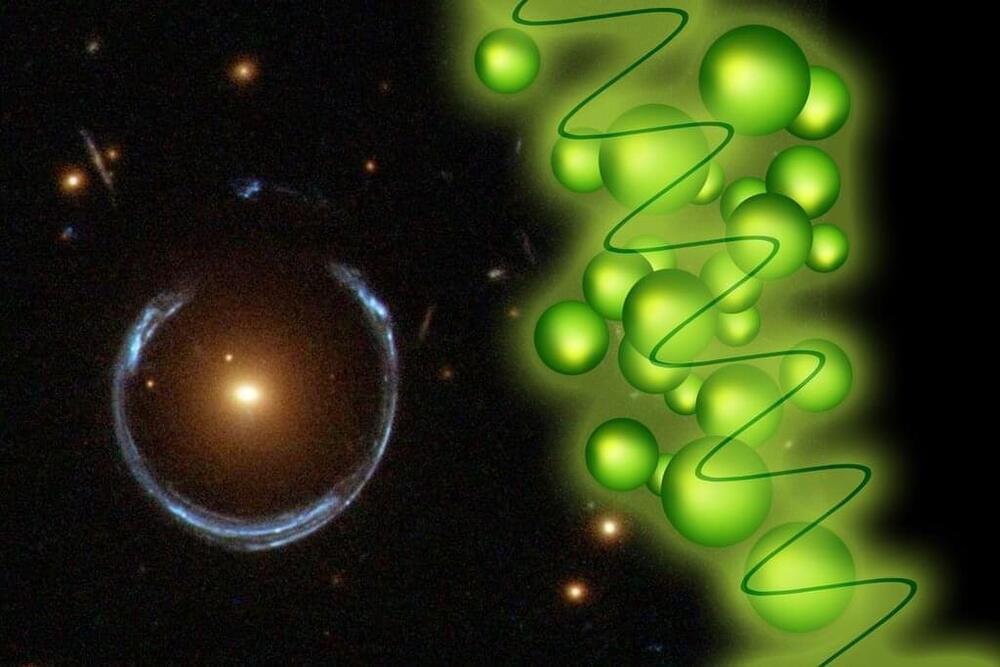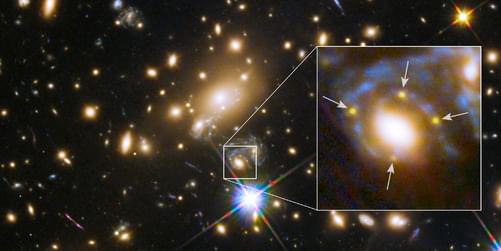
This year marks the 100th anniversary of Edwin Hubble’s observation of a pulsating star called a Cepheid variable in the Andromeda nebula. The star was surprisingly faint, implying that it was very far away and that Andromeda must be a separate galaxy—the first evidence that our Milky Way is not alone. Hubble went on to uncover other galaxies and found that they were all moving away from us—a cosmic expansion characterized by the so-called Hubble constant. Astronomers have now used another star, an exploding supernova whose light was bent as it traveled to Earth, to probe the expansion [1]. By determining a time delay between different images of the supernova, the team has recovered a value of the Hubble constant that is lower than estimates based on Cepheids and on other distance markers. However, the error bars are large for the new measurement, so astronomers will need more observations to make lensed supernovae a precision speed check on cosmic expansion.
A lensed supernova is created by the light-bending power of gravity. When a supernova is behind a galaxy, relative to Earth, the light from the exploding star gets curved around the galaxy by the galaxy’s gravity. This action both distorts the star’s image and magnifies it, just like a magnifying glass. Sometimes this lensing can produce multiple images of the star, with each appearing at a different point in the sky. The light from such a set of images travels to Earth along different paths, and so arrives at Earth at different times. In 1964, the astronomer Sjur Refsdal proposed using the time delays to measure the Hubble constant. But detecting a multi-imaged supernova has proved tricky.
Luck finally came 50 years after Refsdal’s proposal. In a Hubble space telescope image from December 2014, Patrick Kelly, then at the University of California, Berkeley, and now at the University of Minnesota, spotted four lensed images of the same supernova [2]. The team was unable to determine the exact time delays between these images, but from previous observations of this part of the sky, Kelly and his colleagues predicted that a fifth image was on the way. This expectation was based on the spotted supernova sitting behind a galaxy cluster, rather than a single galaxy, so the supernova light had multiple paths to reach Earth. The astronomers kept a steady watch, and sure enough the fifth image appeared in December 2015, roughly 376 days after the other four images. This long time delay, which was caused by the cluster’s large mass density, was a boon to the cosmic expansion measurement.
